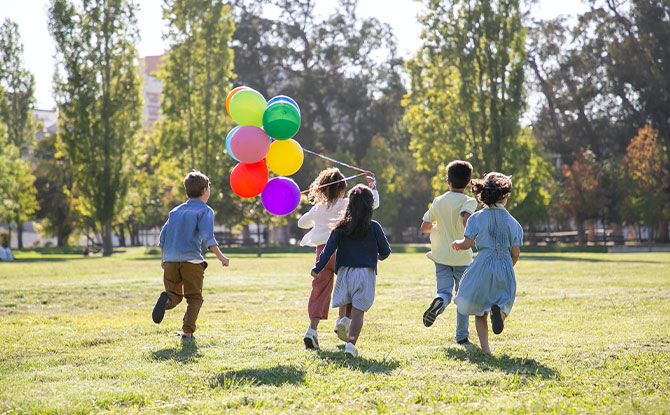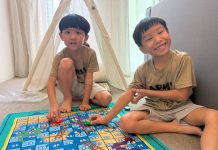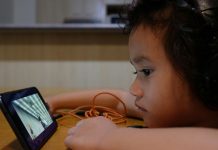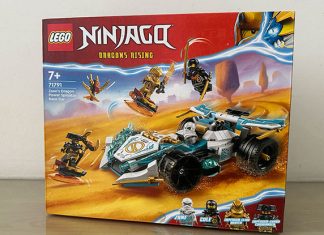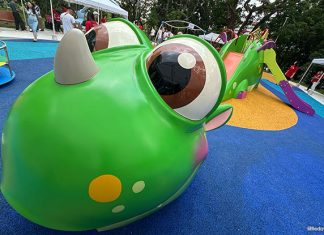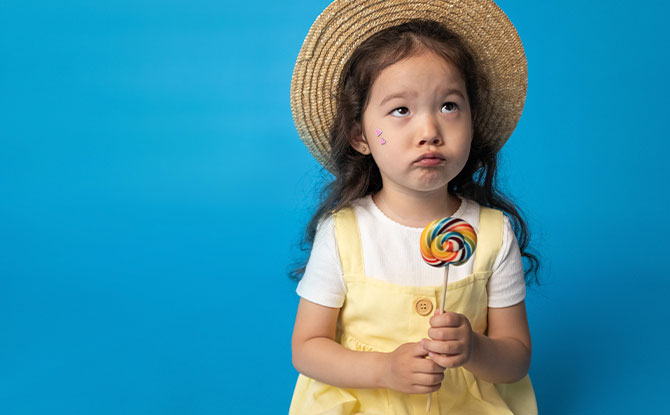
In a highly urbanised environment, everything is shimmery as we pander to the desire to have more.
Do your children often ask for new toys? New books? New items?
Perhaps you gripe about their inability to comprehend the value of money, or the value of material goods. Is there a way to teach our children to live with less? We hear from different parents and their take on teaching children to live with less.
Teaching Children To Live With Less
1. Modelling and Teaching Gratitude and Contentment
Teaching gratitude and contentment is a lifelong process, even adults struggle with it.
DINO-TASTIC EXHIBITION: Meet a 40m Long Dino Face-to-Face
GIVEAWAY FOR ENEWSLETTER SUBSCRIBERS: LEGO NINJAGO SET
Giving thanks when being served a meal, or being gifted something and even simple gestures such as responding kindly should be essential. Model this by being thankful instead of complaining too frequently or over trivial matters. Children learn best by imitating.
Apart from keeping a gratitude journal, perhaps count blessings each day before bedtime or when you wake. There are many things to be thankful for therefore bringing contentment with what we can enjoy.
2. Encourage Children to Declutter
Dr Aparna, a Konmari consultant from @globalmindfuljourney, shared that it is important to declutter with children. Children should be given the responsibility to decide what they need and what they are willing to let go of.
By simplifying their space and belongings, the children learn that their identity is not attached to material goods. This also helps them to see “stuff” do not solve problems and merely help provide some comfort and meet some needs.
When it’s shopping time, Dr Aparna recommends acknowledging their wants in a firm yet gentle and respectful way and getting them to make wish lists. If they want something, they could learn to save up and put it on the wish list and wait till a special occasion.
View this post on Instagram
3. Encourage Giving and Volunteering as a Family
Think of how we can remember people who may have much less and contribute towards the cause.
Mummy Yvonne from @followingjoy started her little library movement and inspired others to do the same all around the island. She expanded the initiative and regularly gives care packs to less privileged communities and other causes. She involves her children in many areas – whether it’s a beach clean-up or shopping, sorting, packing care packs.
View this post on Instagram
Similarly, mummy Ames Chen who is behind The Invisible People series, supports her daughter’s efforts to write notes, raise funds and prepare gifts for migrant workers in the community.
Volunteering as a family is a wonderful way to give more than to receive.
4. Practise Delayed Gratification
Learning to wait can be hard, really hard, especially to our young children. There is a need to practise delayed gratification especially when many gadgets and toys provide immediate gratification. This has perhaps led to a natural consequence of expecting to get what we want in an instant.
Try making wish lists and reward charts that work towards incentives instead of granting the child’s wish regularly. Save big purchases for very special occasions or help your child to progress towards his or her desires.
You can teach the value of hard work and encourage perseverance by having your child wait patiently or put in the effort to reach a goal before being rewarded. We also practise rationing birthday and Christmas gifts, rather than playing with them all at once – one can be opened, the rest stored or donated.
Our Children Don’t Need Much To Be Happy
Frankly, our children don’t need much to be happy. Give them some space to run, friends, a ball and they will be as joyful as a lark. Let’s not tie happiness with what they own and material belongings. Life is more than just what we can accumulate tangibly, it’s ultimately the intangibles that last.





